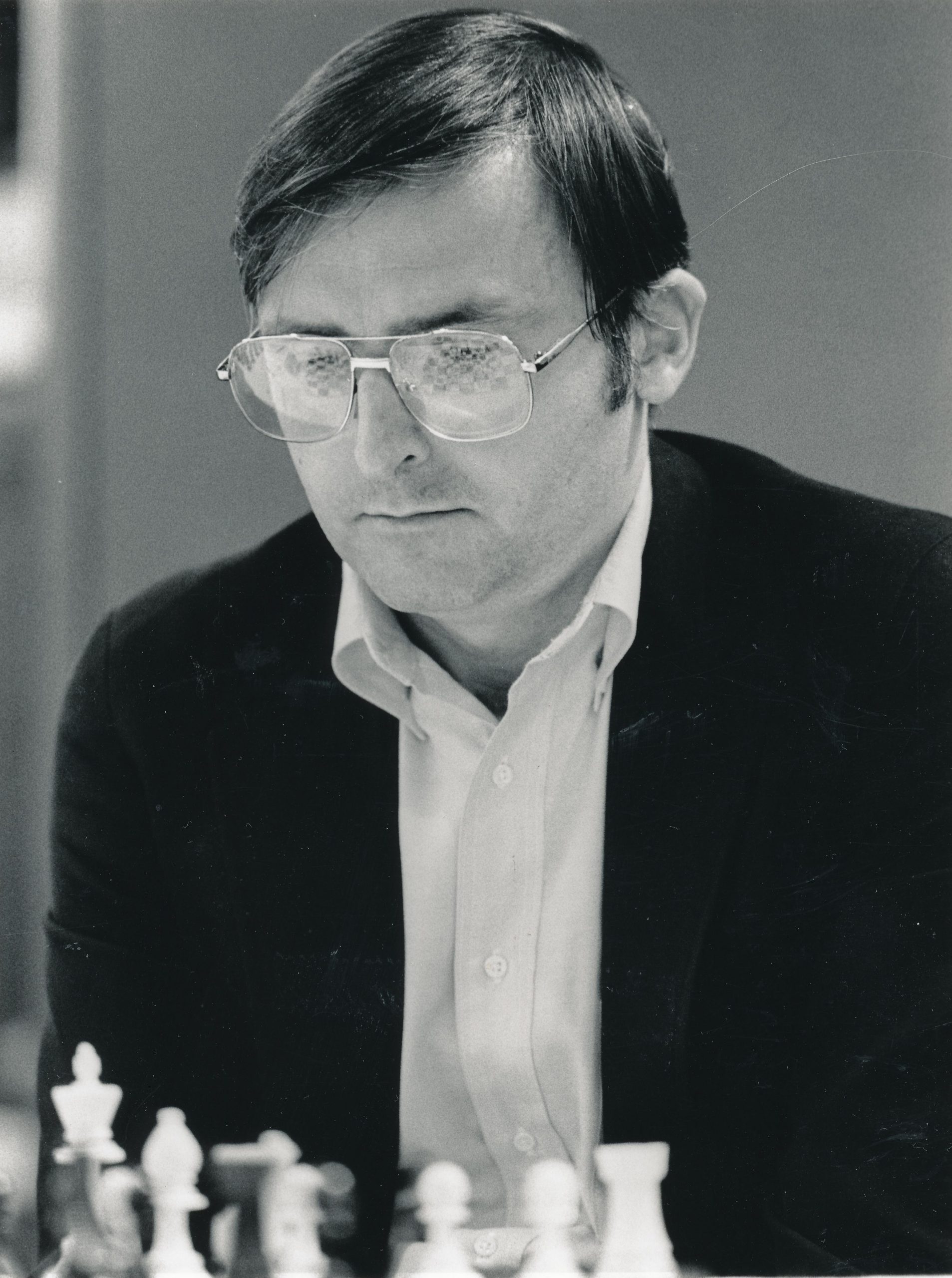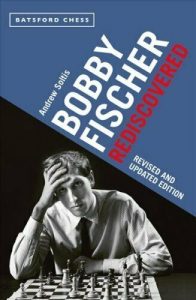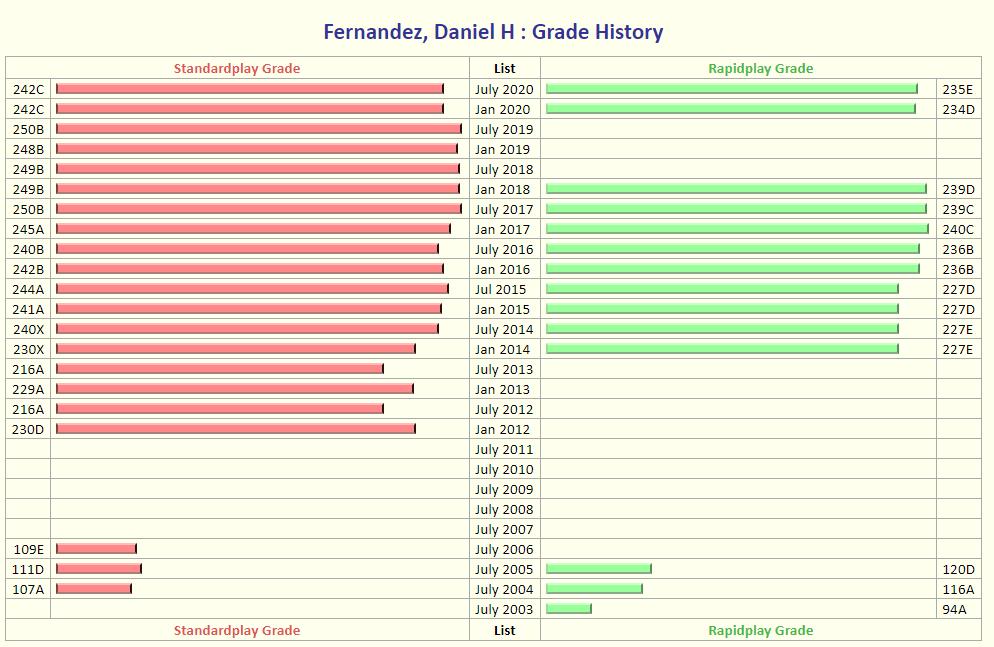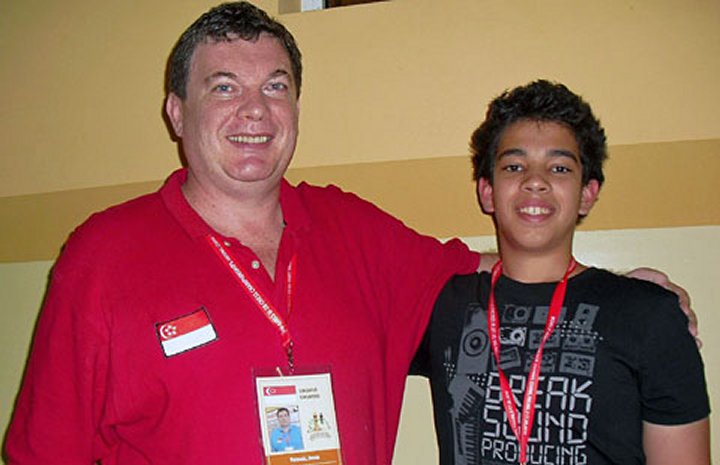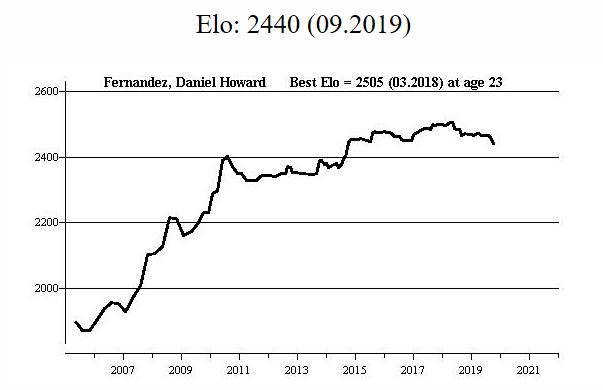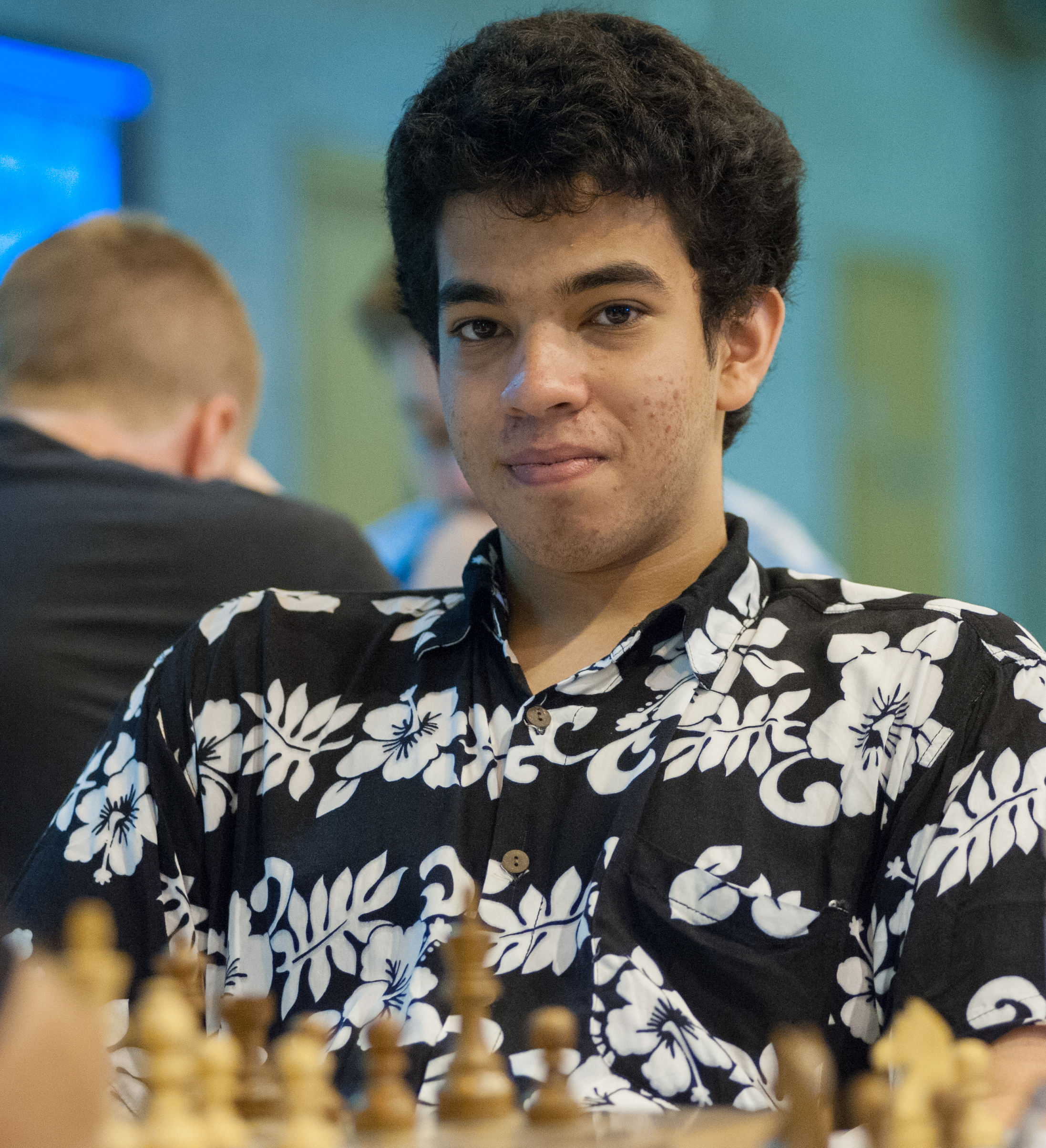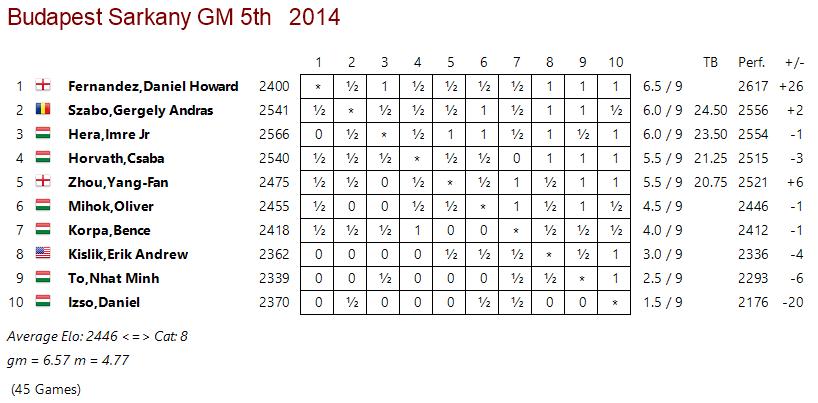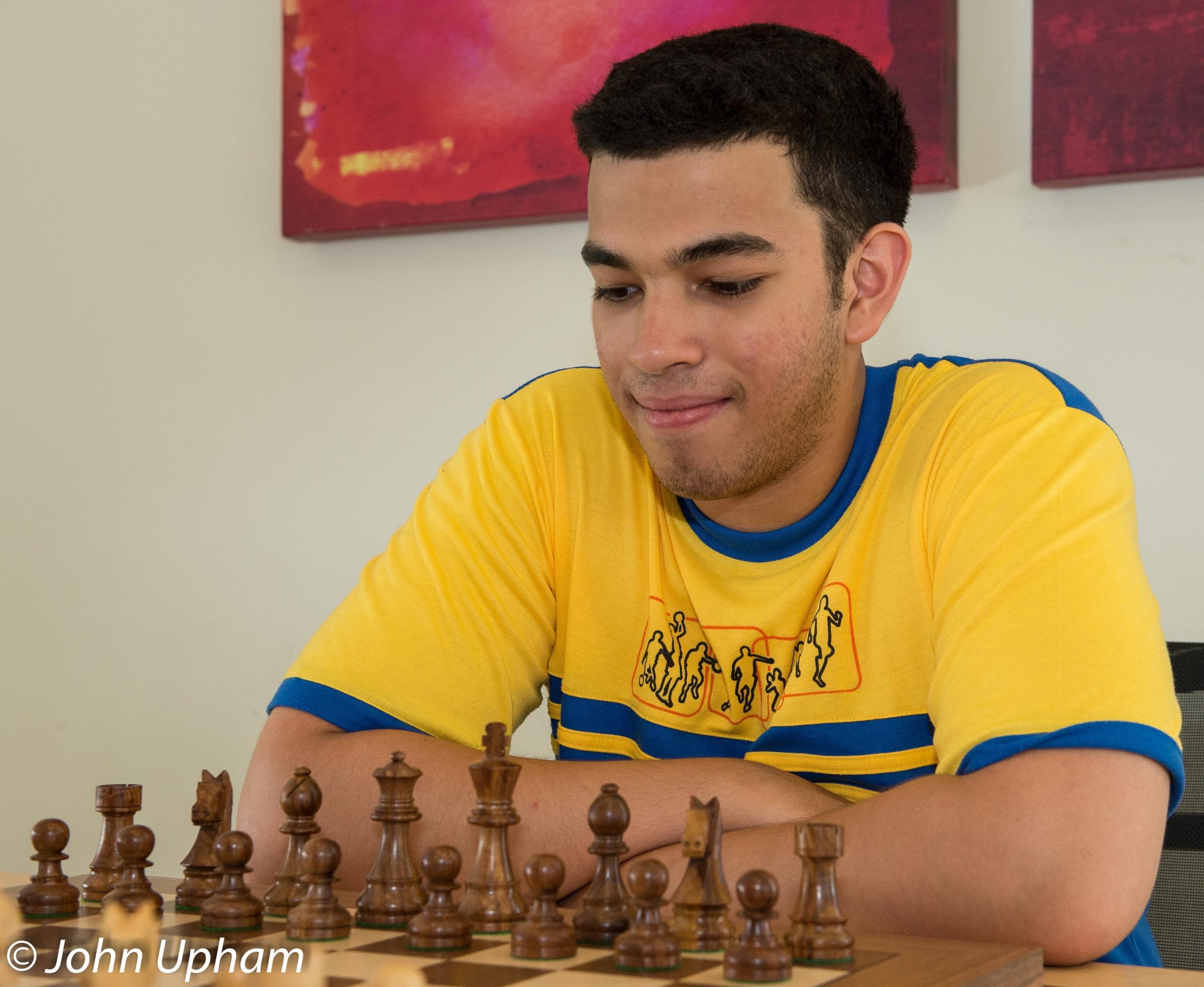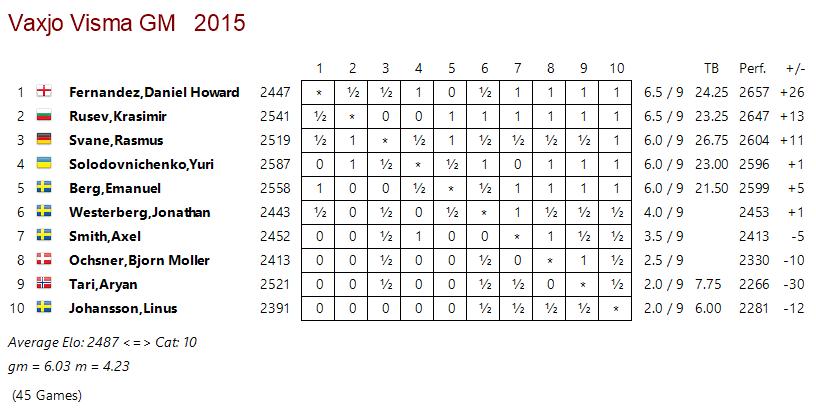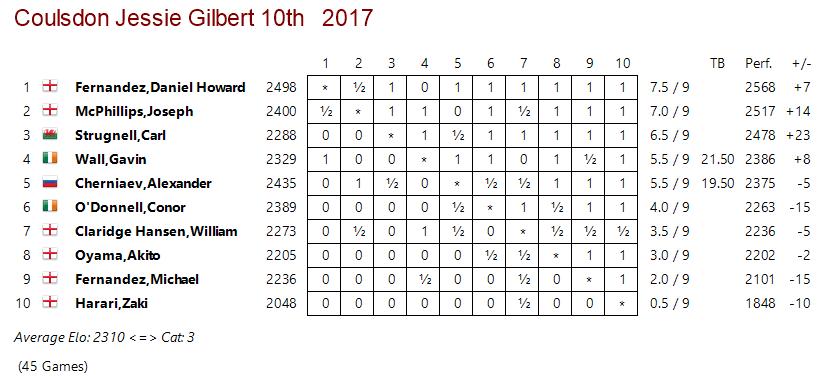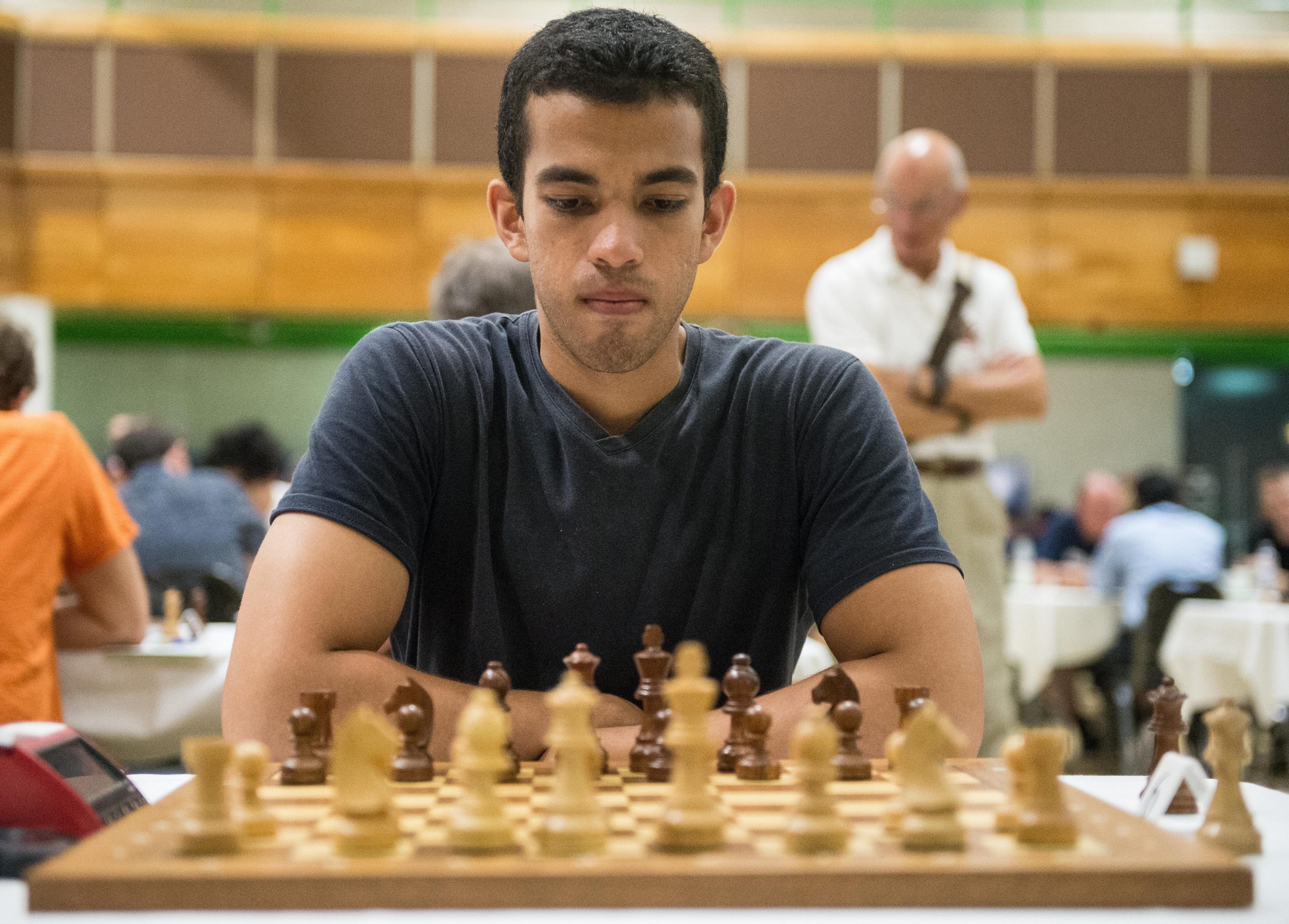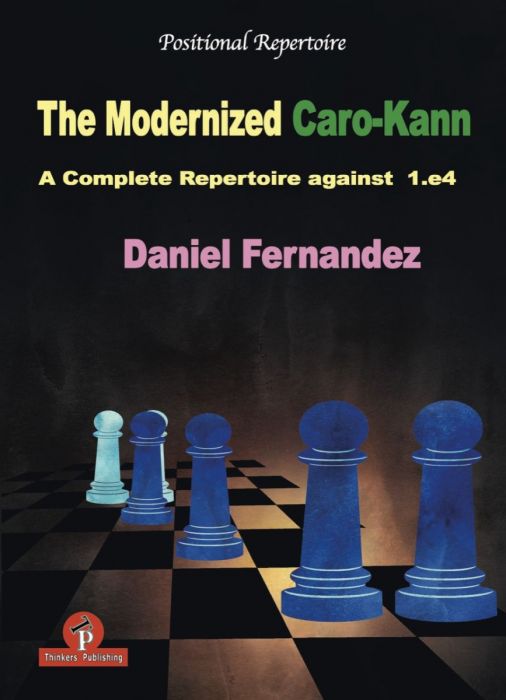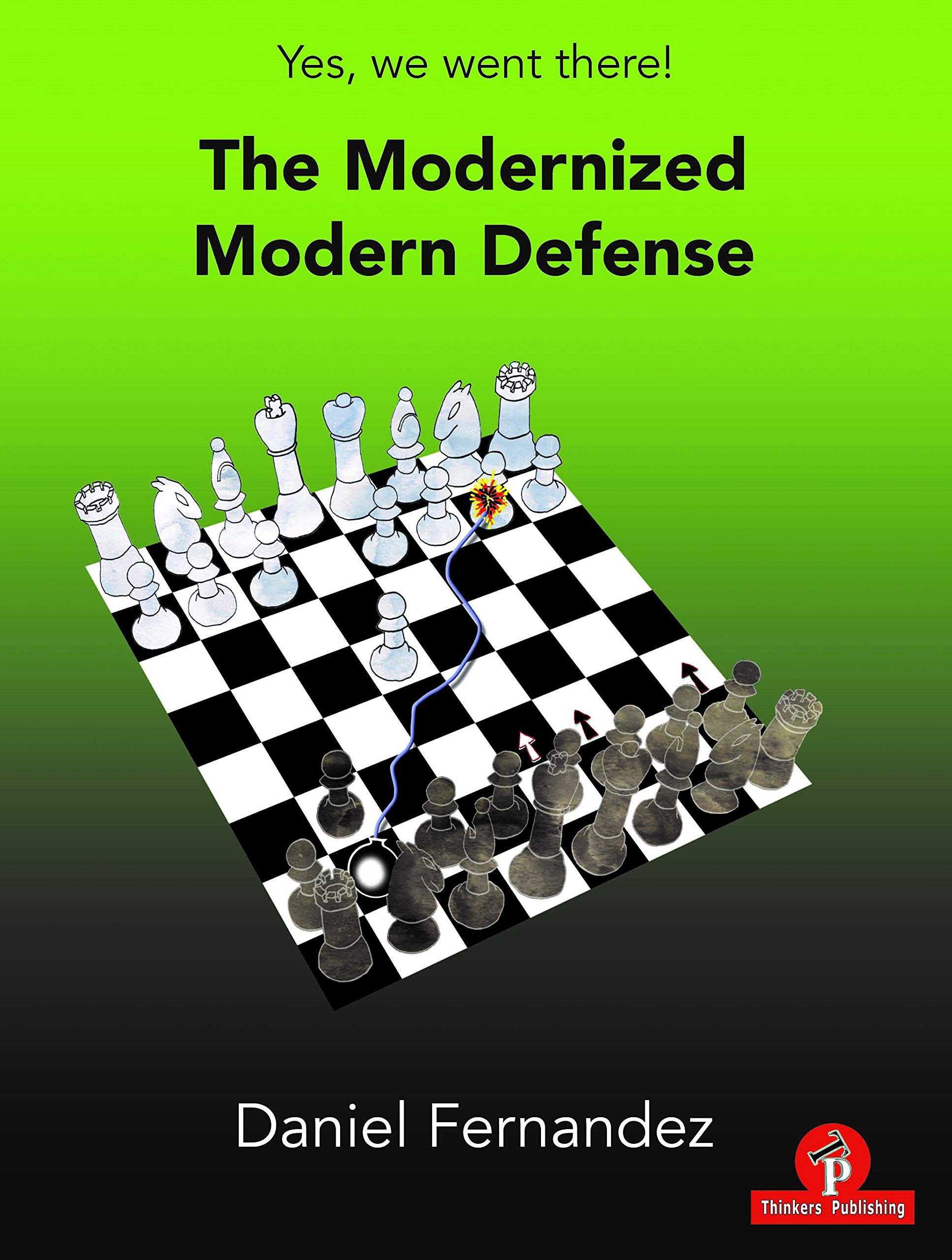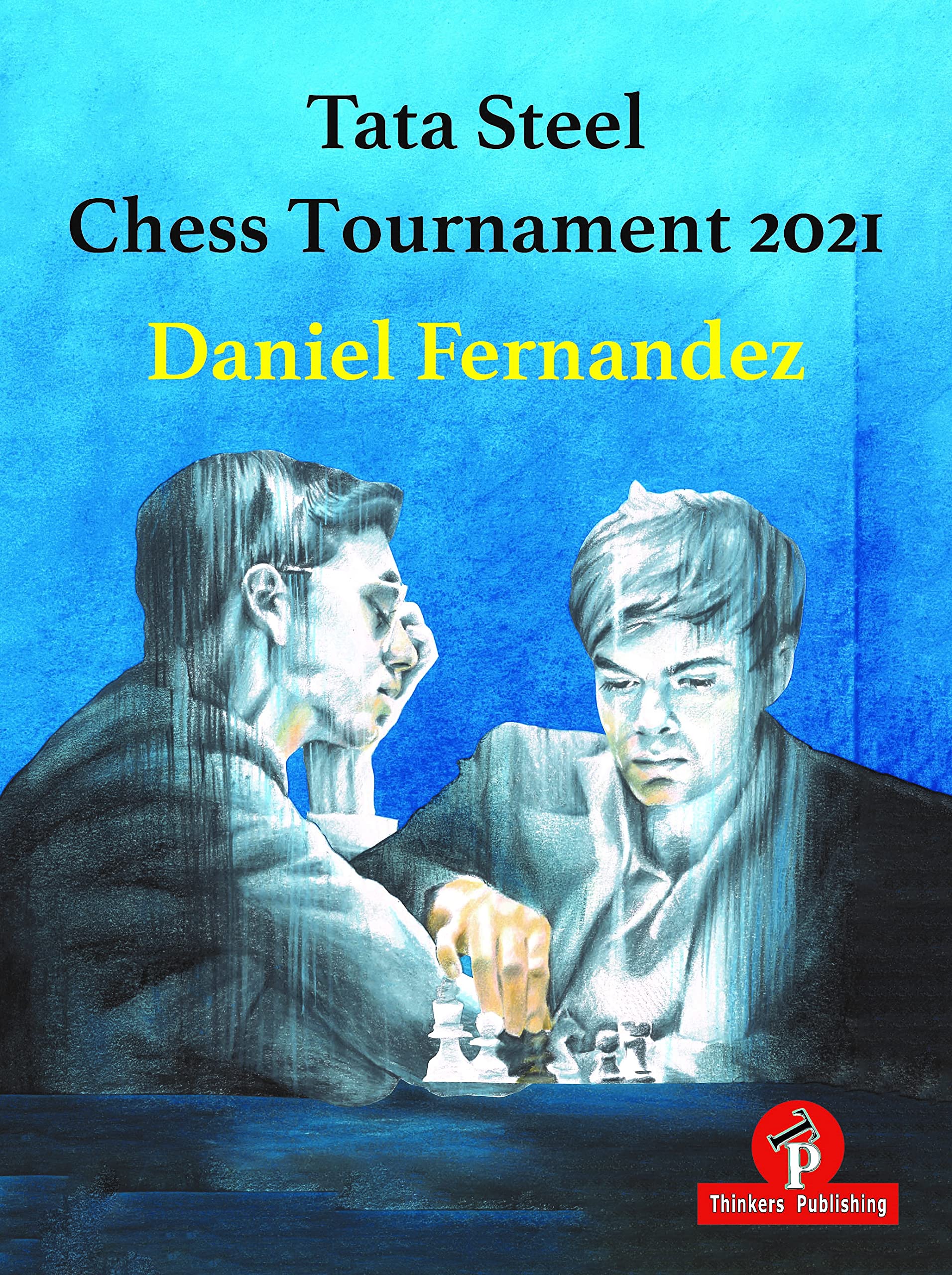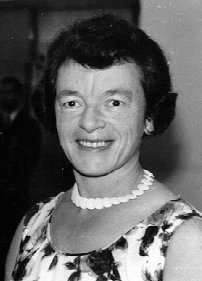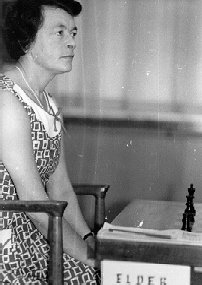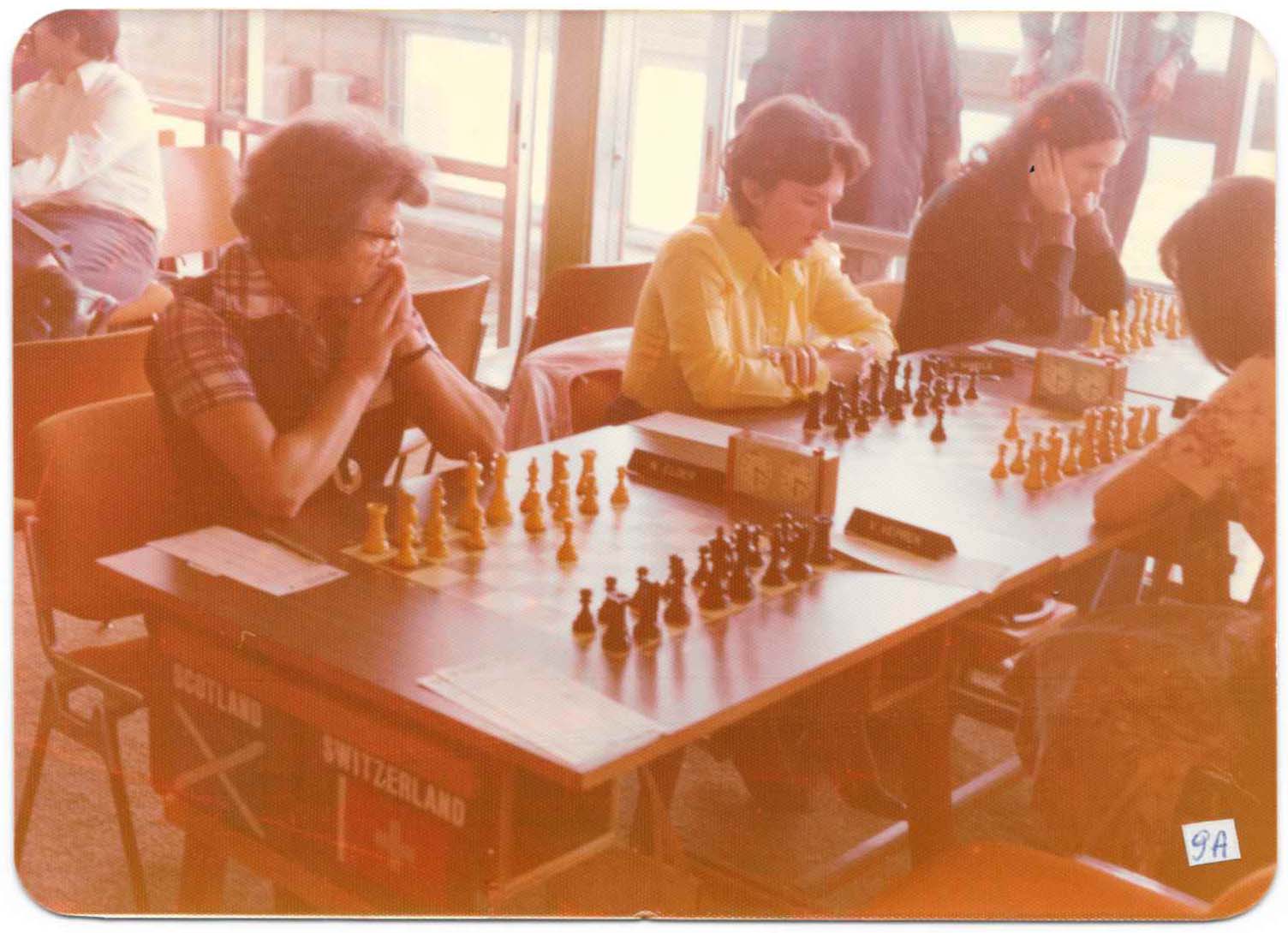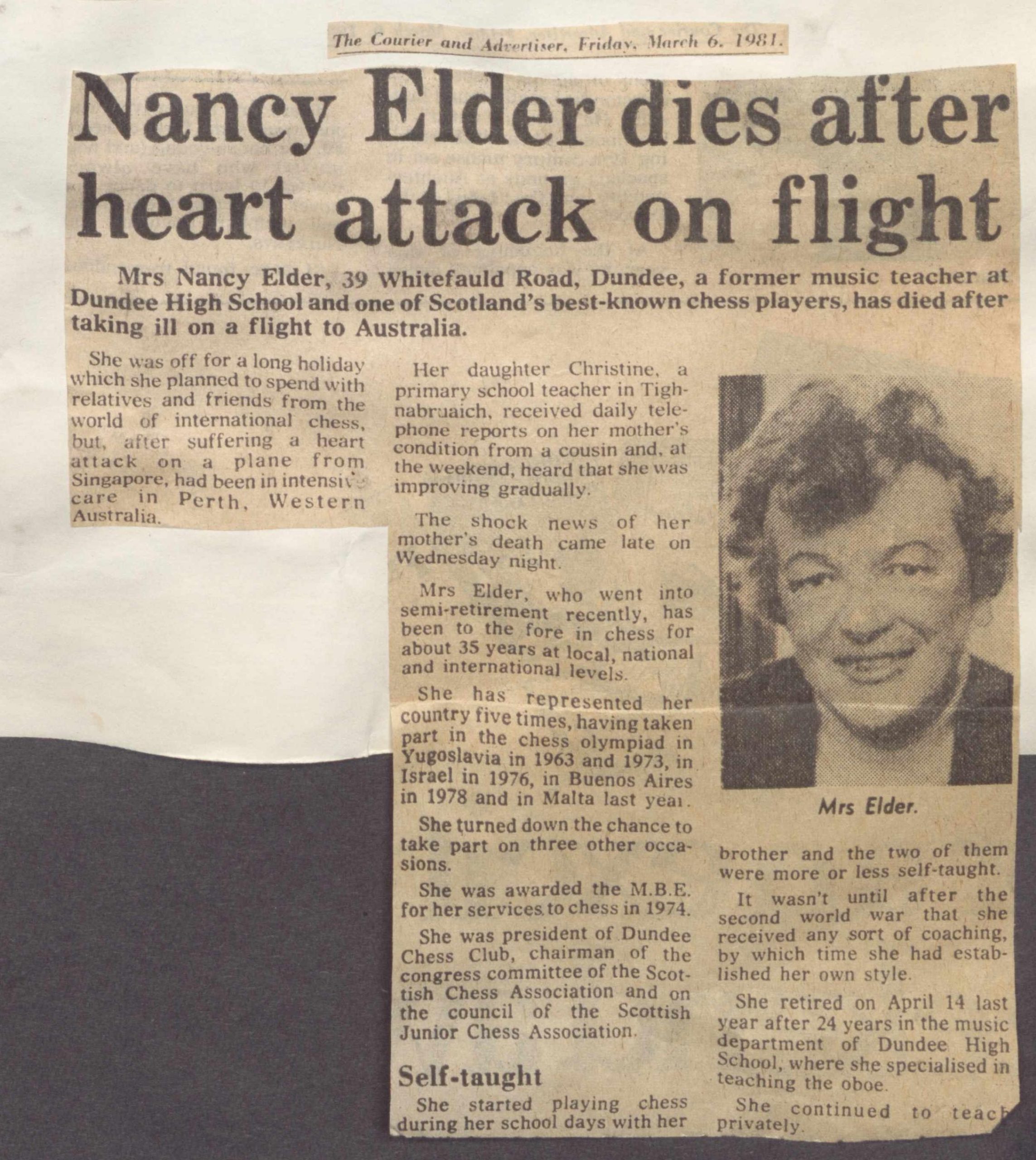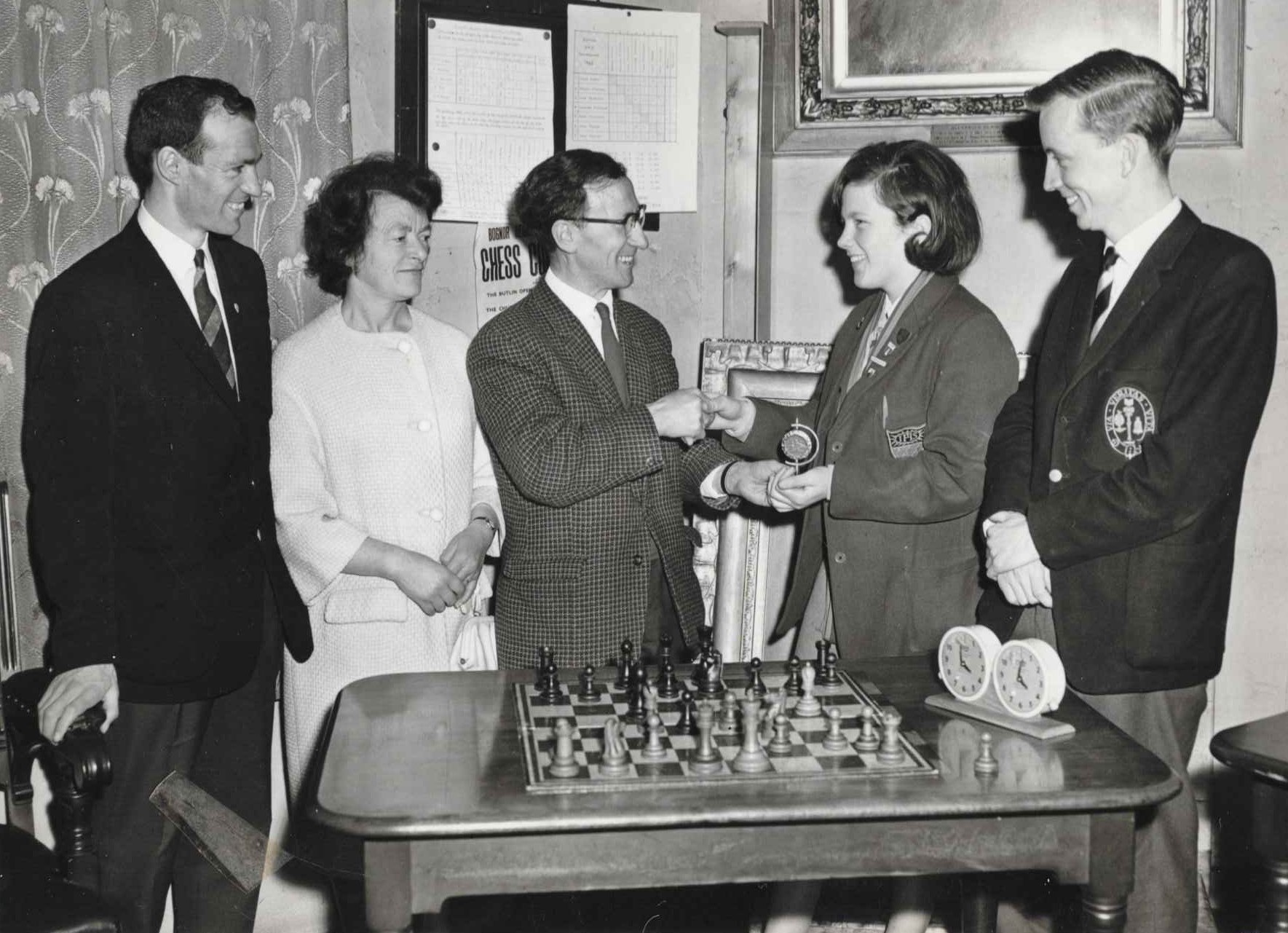Win with the Caro-Kann : Sverre Johnsen and Torbjørn Ringdal Hansen
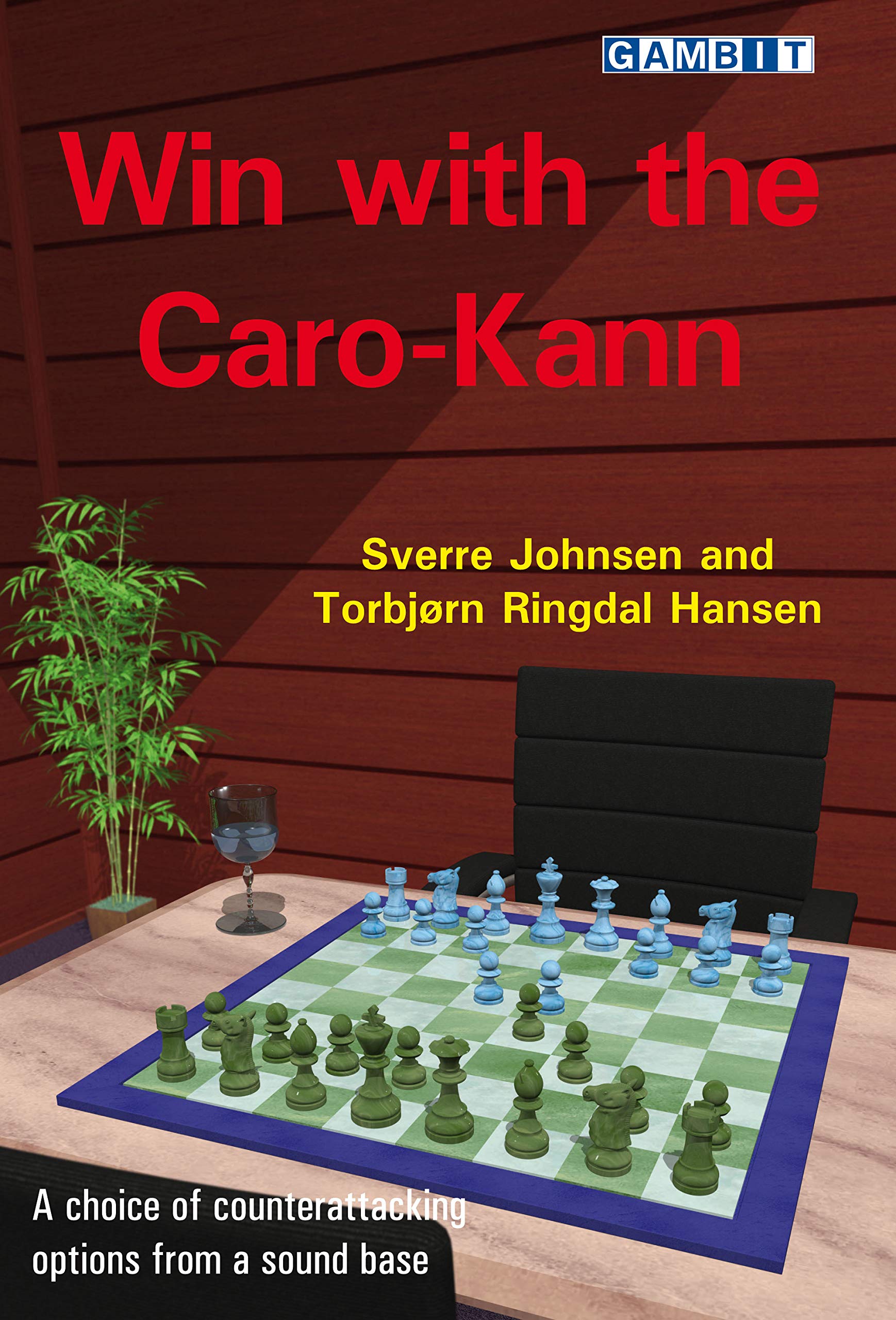
Sverre Johnsen is a chess analyst, researcher, organizer, trainer and writer from Norway. He is co-author of Win with the London System and Win with the Stonewall Dutch, two of the best-selling openings books of recent years.
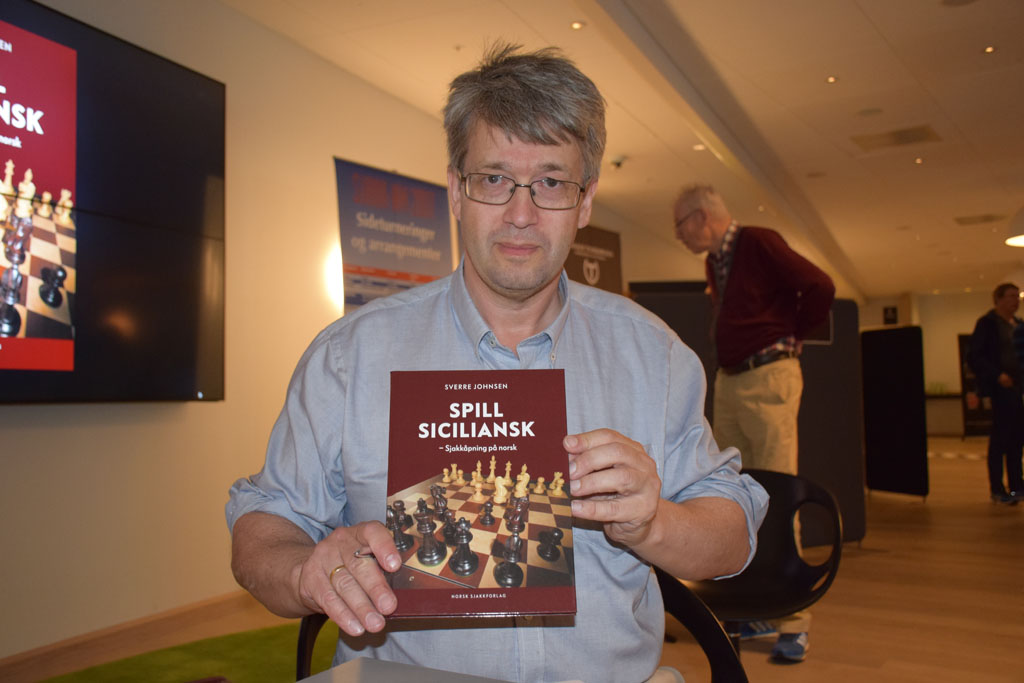
Grandmaster Torbjørn Ringdal Hansen is from Norway. He is one of the founders of the chess retail business Sjakkhuset and works full-time as a chess trainer. He was the first coach of Magnus Carlsen (in 1999) and has worked with three other players who went on to become grandmasters.
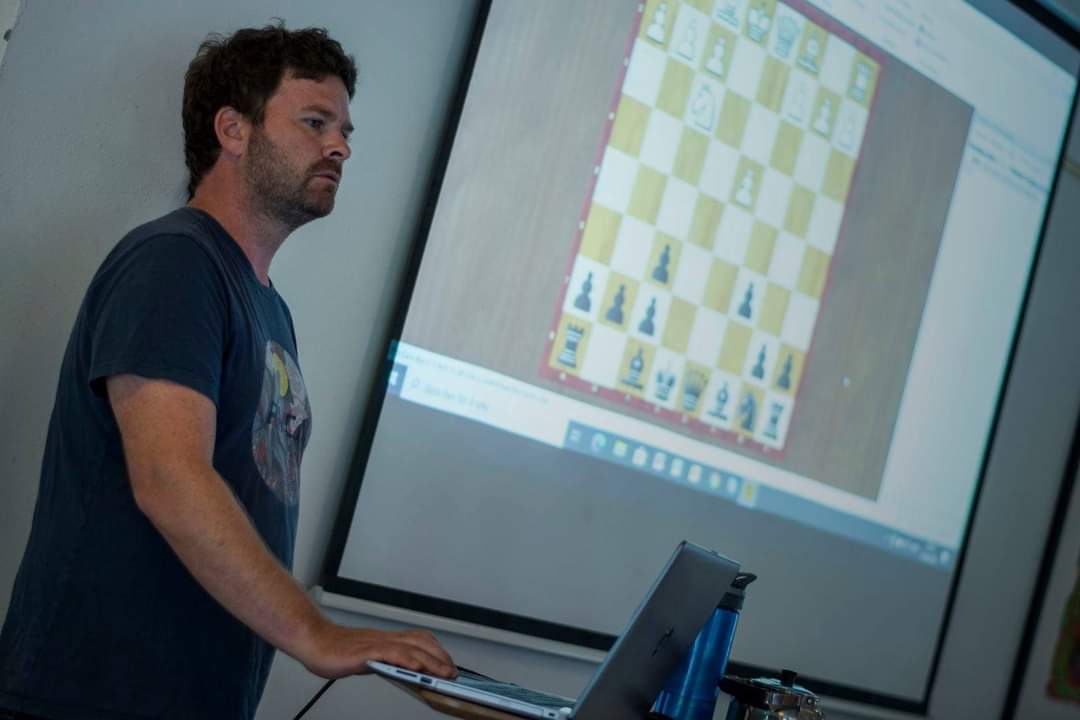
Gambit Publications have their own YouTube channel to promote and publicise their products. Here we have GM John Nunn introducing this book :
The book is organised into the following five chapters followed by a highly useful Index of Variations:
- Classical: Korchnoi Variation
- Classical: Capablanca Variation
- Advance Variation
- Exchange Variation
- Early Deviations
Hitherto books on the Caro-Kann extolling the virtues of the Korchnoi Variation are few and far between
However, in recent years we reviewed The Caro-Kann Revisited : A Complete Repertoire for Black, Francesco Rambaldi, Thinkers Publishing, 2020.
Our current review book from Gambit is fully self-contained and forms the basis of a complete repertoire for black against 1.e4 after
offering the Korchnoi Variation for those needing to win with black (whilst risking a potentially difficult endgame) plus in Chapter Two the reliable Capablanca Variation:
whose endgame prospects are more attractive.
These two alternatives form the beating heart of this repertoire with brand new ideas and analysis to give white players problems to solve and spend time on the clock.
Prior to these chapters is an excellent Introduction which sets out the layout of the book, the philosophy of the repertoire, many strategic ideas and other useful words of wisdom and encouragement.
Each and every chapter is broken down into a series of Lessons (there are thirty Lessons in total) covering each variation in detail.
Consulting MegaBase it is clear that Torbjørn Ringdal Hansen favours the Caro-Kann and plays the Korchnoi Variation when permitted and as a past trainer of Magnus Carlsen he definitely knows what he is talking about!
Following on from the optional lines after
we have six lessons on how to face the Advance Variation. 3.e5 can cause more headaches for the Caro-Kann player than 3.Nc3 and the authors provide a repertoire based around the increasingly popular Arkell/Khenkin Variation:
Another six lessons then cover both the Exchange Variation and the Panov Attack:
and
and probably it is fair to say that the latter is the most common way of taking on the CK at club level.
Chapter 5 covers more or less everything else including the Fantasy Variation (which the authors call the Maróczy Variation)
followed by the Two Knights, the Pseudo-Panov (they call this the Steiner Variation, the King’s Indian Attack and the Hillbilly Attack plus some very rare beasts.
Curiously the Blackmar-Diemer Gambit
is not found in this chapter but in Chapter 1 as a fourth move alternative. All lines (including transpositions) are easily located via the Index of Variations.
It would be wrong to reveal all of the various innovations analysed in this book but to give a flavour I will mention that the twist the authors give to the Capablanca Variation is to to defer 7…Nd7 in favour of Dreev’s 7…e6!?
and the idea is for black to play a quick …c5 followed by …Nc6 at the right moment .
So, how is the material presented?
A quick way to find out is to use the “Look Inside” feature to be found on Amazon.
Each lesson comprises at least one model game plus what the authors term “Theory Magnifiers”. Essentially these are points in the model game where there are significant alternatives for white that require detailed study.
Liberally sprinkled throughout the text are multiple “fourth wall” type Question and Answer exchanges which worked so well for Matthew Sadler in his Slav and Semi-Slav books for Chess Press and Everyman Chess.
Cleverly, the authors have organised the material so that preparation of the material is in the most logical sequence eliminating the need for the student to create a preparation plan for themselves.
As a long time player of the Caro-Kann I can say that the repertoire presented here is thorough and instructive based on modern games. There are things I might disagree with but I’ve never known that not to be the case!
I suppose I am obliged to comment on the “Win with the” title. I’m not a huge fan of this style but a title is all that is it. If you can put this to one side and overcome it and focus on the content you will reap the rewards of not letting prejudice getting in the way.
So, in summary, this is an excellent repertoire trainer for black against 1.e4, which, after all, is the most important move of whites to prepare for.
Enjoy and good luck !
John Upham, Cove, Hampshire, March 23rd 2021
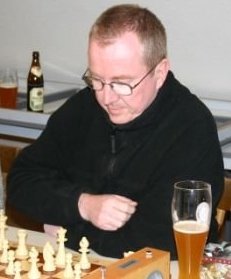
Book Details :
- Hardcover :240 pages
- Publisher: Gambit Publications Ltd (4 Mar. 2021)
- Language: English
- ISBN-10:1911465678
- ISBN-13:978-1911465676
- Product Dimensions: 17.15 x 1.65 x 24.77 cm
Official web site of Gambit Publications Ltd.



